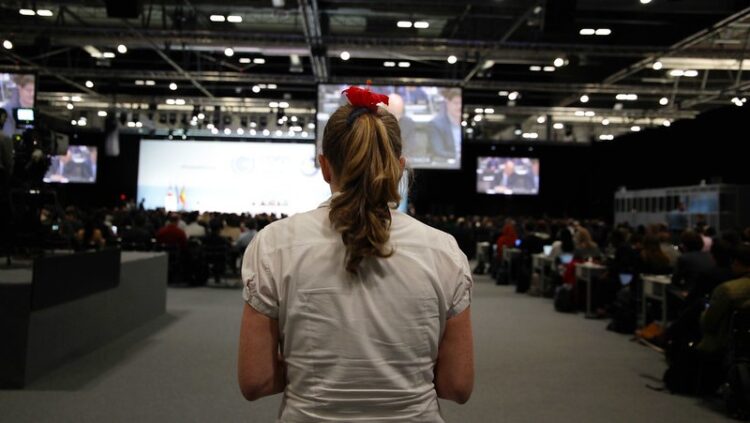By Ben Kerrigan-
A new draft agreement at the COP26 climate summit in Glasgow has increased calls on world governments to urgently tackle climate change.
The agreement calls for countries to reveal their plans to massively reduce greenhouse gas emissions at a much faster speed than previously.
The first draft, published in the early hours of Wednesday, called on countries to “accelerate the phasing out of coal and subsidies for fossil fuels” – to the delight of climate campaigners, but was revised to include “the phase-out of unabated coal power and of inefficient subsidies for fossil fuels”.
The World Resources Institute argued that the inclusion of “unabated” (which means coal emissions that aren’t captured back, for example by carbon capture and storage) and “inefficient” had been demanded by countries with big interests here like Saudi Arabia, but said that it was good it remained.
However, Polly Mackenzie, who was a senior adviser to the government during the coalition years, pointed out that leaving room for “efficient” subsidies was bad news as they were the ones most damaging.
There is some argument over the change in this paragraph in the text. It has shifted from the first draft that “urges” countries to strengthen their 2030 climate targets (known as nationally determined contributions or NDCs) by the end of 2022.
The essence of the summit was to keep the climate change dream alive by strengthning existing targets to address it.
Taking into account different national circumstances was a way of pressurising richer countries to step up and fill in the gap for poorer countries..
Campaigners want 50% of the money in the $100 billion (£75 billion) annual financing from richer to poorer countries to be focused on adaptation.
The latest draft urges developed countries to double their provision on adaptation by 2025.
Finally is the unbelievably complicated “Paris rulebook” which has yet to be closed (six years after the original conference) and which regulates the ways in which countries report their progress towards climate goals. This is significant because countries are pushing for loopholes that could undermine the real progress that we see.
The view across campaigners I speak to is there is still someway to travel on this, with a number suggesting that on this “no deal is better than a bad deal” – ie. – that they shouldn’t agree to anything that will allow countries to cheat their climate talks.




